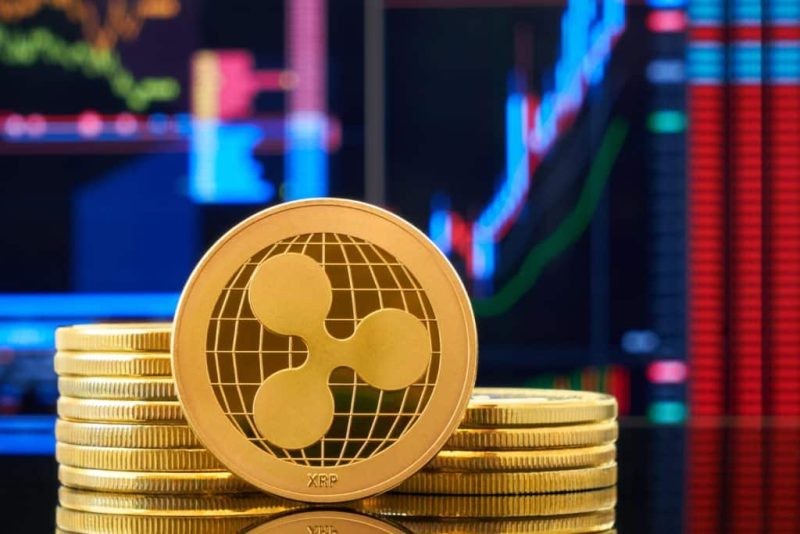Ripple & Tron: A Shift in Momentum
Ripple and Tron are two prominent names in the world of cryptocurrencies, each with its own unique offerings and vision. Over the years, both projects have gained a significant following and have made their mark in the highly competitive crypto space. However, recent developments suggest a potential shift in momentum for Ripple, with some concerns arising about its future prospects.
Ripple, a digital payments network that enables real-time transactions, has been widely adopted by financial institutions seeking to leverage blockchain technology for cross-border payments. The company’s native cryptocurrency, XRP, has also gained popularity among retail investors for its fast and low-cost transactions. However, in recent weeks, Ripple has been facing challenges that have led to a decrease in its bullish momentum.
One of the key factors contributing to Ripple’s loss of momentum is the ongoing legal battle with the U.S. Securities and Exchange Commission (SEC). The SEC has filed a lawsuit against Ripple, alleging that XRP is an unregistered security and that the company engaged in the sale of unregistered securities worth over $1.3 billion. This legal uncertainty has created a cloud of doubt over Ripple’s future, leading to increased market volatility and a drop in investor confidence.
Additionally, Ripple’s co-founder Chris Larsen recently expressed his frustration with the lack of regulatory clarity surrounding cryptocurrencies in the United States, further highlighting the challenges faced by the company. With regulatory scrutiny on the rise and the outcome of the SEC lawsuit still pending, Ripple’s future remains uncertain, casting a shadow over its once-promising trajectory.
On the other hand, Tron, a decentralized platform that aims to create a free content entertainment ecosystem, has been steadily growing its user base and expanding its ecosystem. Led by founder Justin Sun, Tron has made significant strides in the areas of decentralized finance (DeFi) and non-fungible tokens (NFTs), attracting a diverse range of users and developers to its platform.
Tron’s recent collaboration with leading cryptocurrency exchanges and its focus on building a robust DeFi ecosystem have bolstered its position in the market and have helped it maintain a positive momentum. The platform’s native cryptocurrency, TRX, has also shown resilience in the face of market volatility, with strong community support driving its growth.
While Ripple grapples with regulatory challenges and a loss of bullish momentum, Tron continues to forge ahead with its innovative approach to blockchain technology and its commitment to creating a decentralized and user-friendly ecosystem. As the cryptocurrency market evolves and regulatory frameworks take shape, the future of Ripple and Tron will depend on their ability to adapt to changing circumstances and maintain the trust of their respective communities.
In conclusion, the recent developments surrounding Ripple and Tron serve as a reminder of the dynamic nature of the cryptocurrency market and the importance of staying vigilant in the face of regulatory challenges. While Ripple faces headwinds that threaten its bullish momentum, Tron’s strategic initiatives and growing ecosystem position it as a strong contender in the competitive crypto landscape. Only time will tell how these two projects navigate the evolving regulatory landscape and shape the future of blockchain technology.

